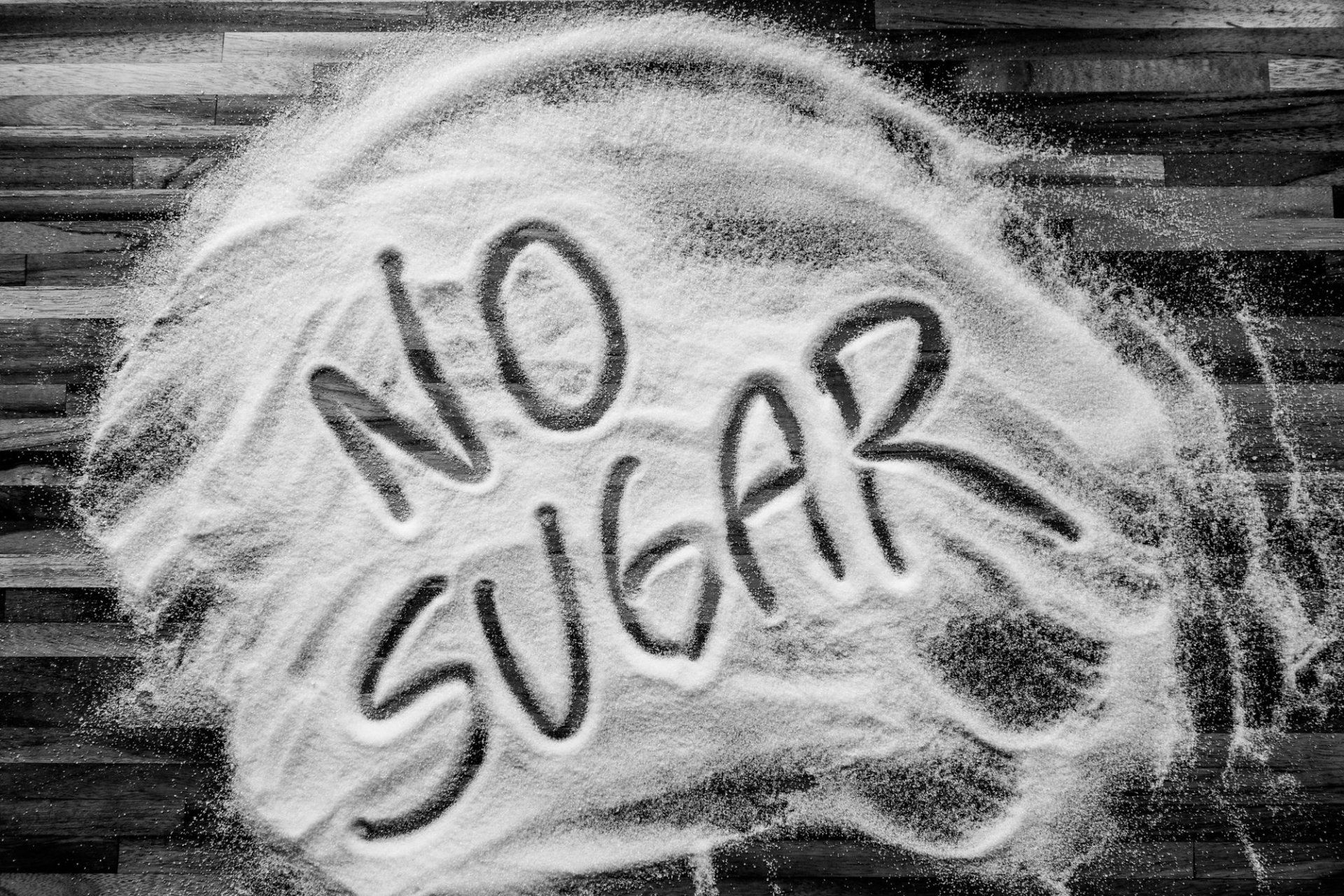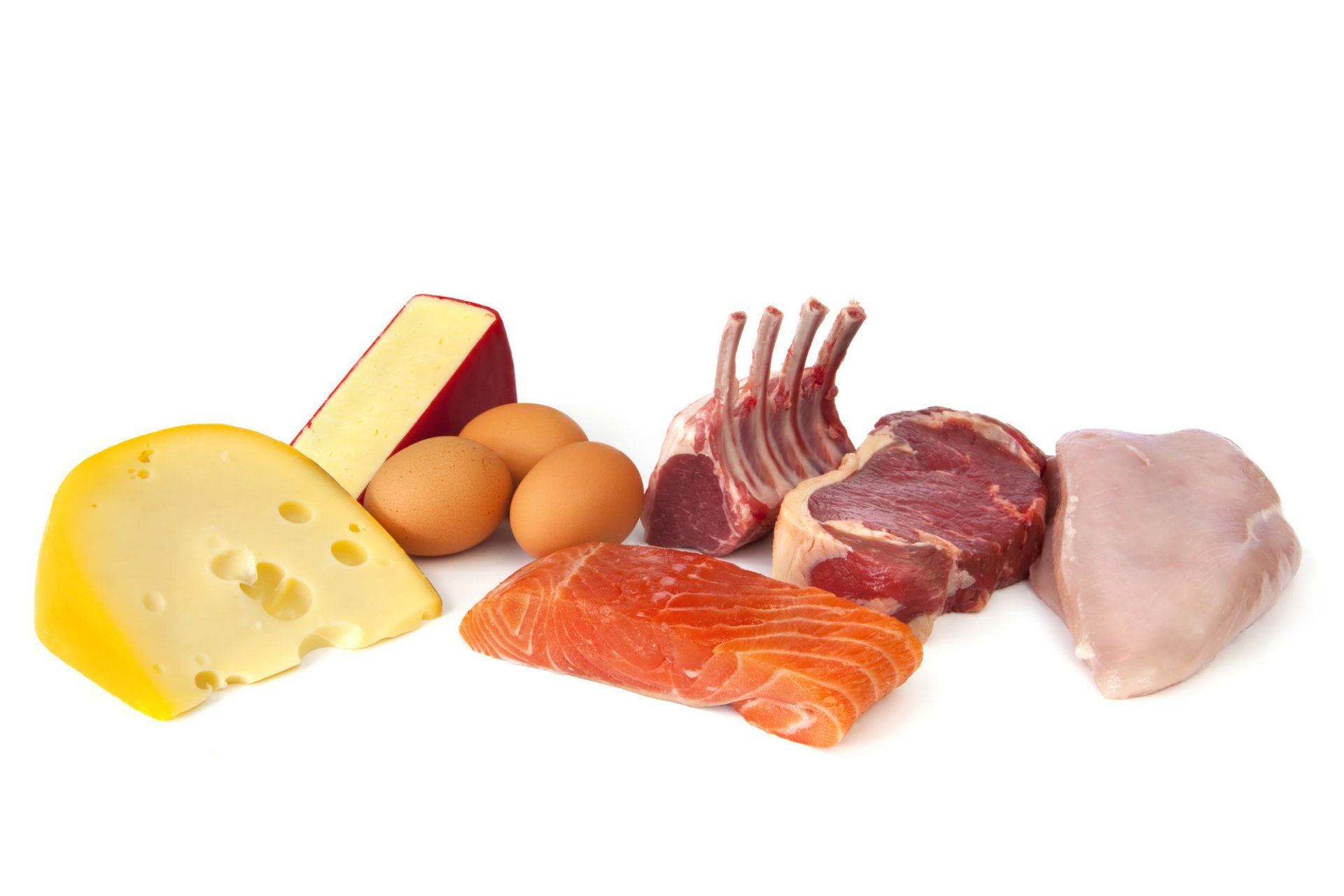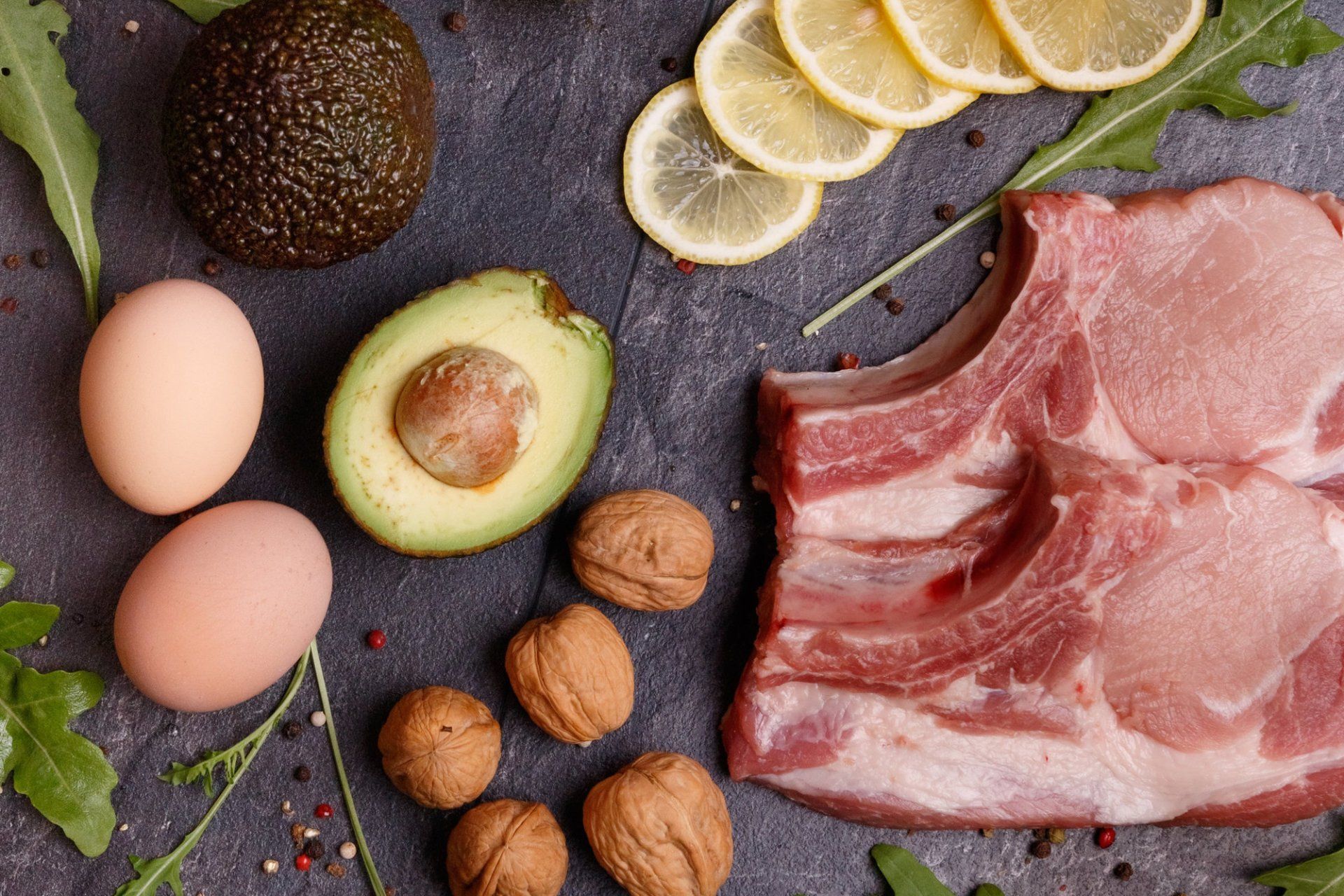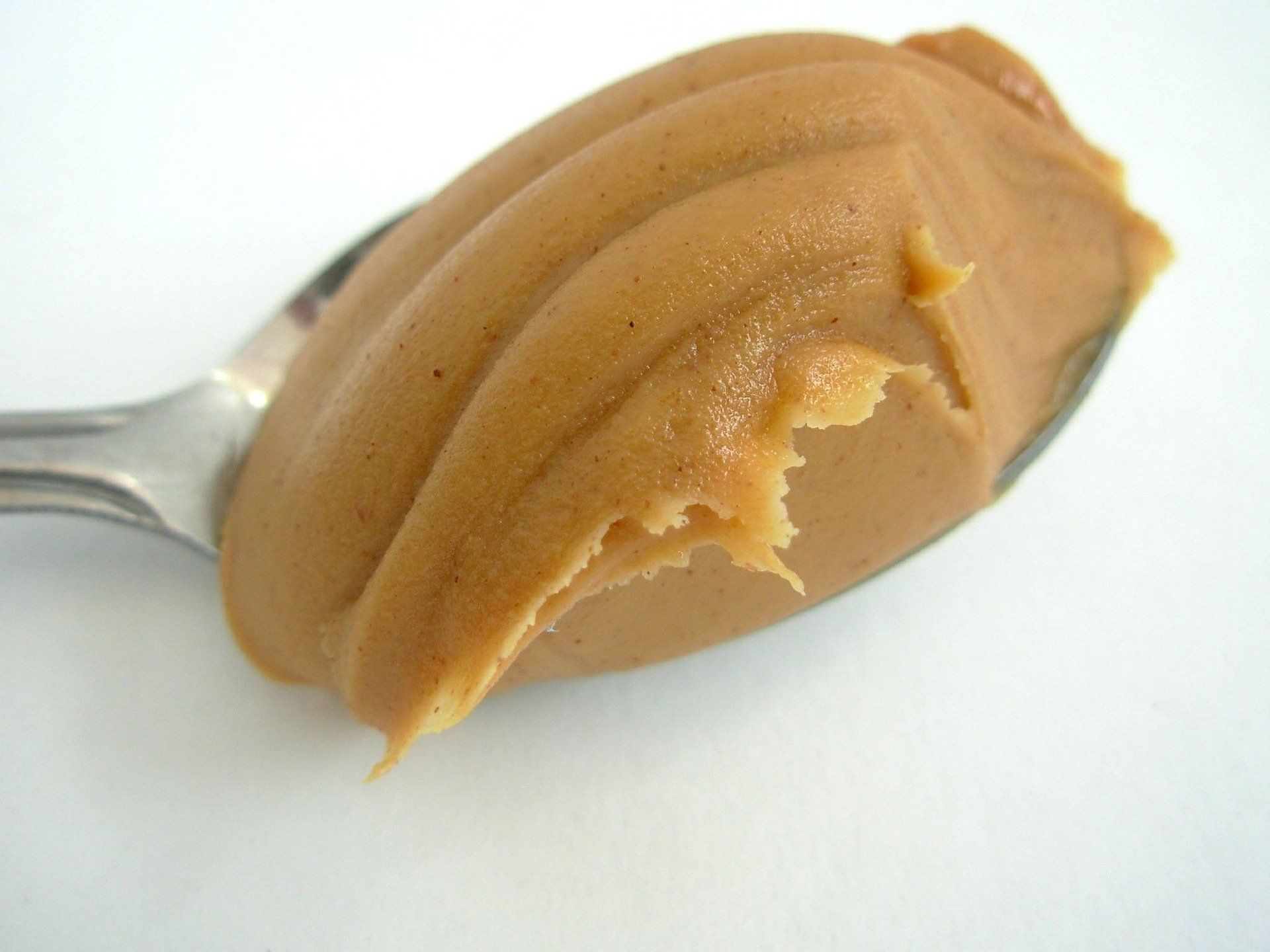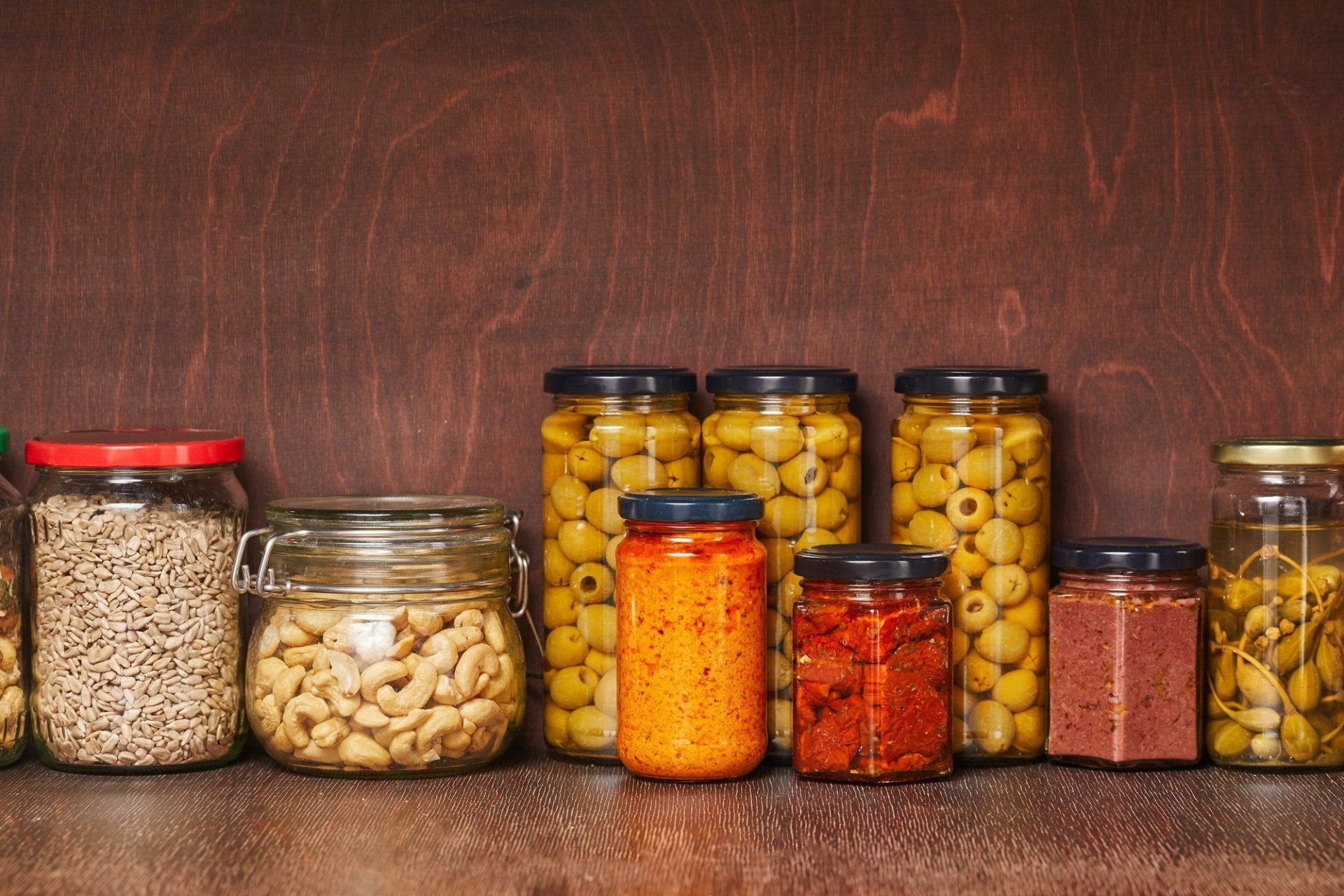Top 13 Supplements of Keto
February 17, 2020
In theory, if you follow a well-balanced, varied diet eating the keto way, you should be able to get all the vitamins and nutrients your body needs from your food. In reality, with hectic schedules, social and family commitments, and society's fast-paced lifestyles, you may not be able to get everything you need from the food you eat simply due to lack of time to shop and prepare the right foods.
We are going to take a look at a comprehensive list of supplements that people who follow the keto lifestyle may find helpful to balance their diet to ensure they are getting all the nutrients their bodies need to stay healthy and strong.
We will break down each supplement and discuss what benefits there are to taking them regularly and what they do for the body. Please take note that although we are listing 13 different supplements, not everyone needs all of them. It is not necessary to run out and stock up on a dozen different supplements. You may only need one or two. We suggest you evaluate the list and determine which ones address health concerns you have for yourself and which ones may help with physical issues you are currently experiencing.
Magnesium
A large part of the U.S.population is deficient in magnesium regardless of whether they follow the standard American diet or the Keto diet. Magnesium plays a huge part in hundreds of functions in our bodies including synthesizing protein, controlling blood glucose levels, nerve and muscle function, and blood pressure. Needless to say, it plays a significant part in ensuring our bodies function properly.
Since magnesium is typically found in higher concentrations in foods like legumes and fruits, those who eat keto have an especially difficult time getting enough magnesium into their diets by diet alone. Nuts, leafy greens, avocados, dark chocolate, and some fatty fish are a few of the keto-friendly foods that are high in magnesium. Being deficient in magnesium can play a factor in your chances for experiencing the keto flu.
MCT Oil
Whether or not you follow a ketogenic diet, you most likely have heard of MCT oil. It's the vroom vroom in bulletproof coffee recipes. Medium-chain triglyceride oil can be found in coconut oil. Again, a huge part of the keto diet. It is not typically found in any other food products. Some studies have indicated that MCT oil may assist with weight loss.
It is suggested by experts on the ketogenic diet to try to take MCT oil first thing in the morning to boost brain function.
Omega 3 Fatty Acids
Omega 3 fatty acids can be found in a number of foods including; mackerel, salmon, flax seeds, and walnuts. If you are concerned that you are not getting enough Omega 3s from your diet, then you should consider a supplement.
Omega 3s can help with a myriad of physical ailments
such as arthritis, asthma and triglyceride levels. They have also been shown to help with ADHD, depression, and dementia.
If considering an Omega 3 supplement be sure to look for one that has significant levels of all three types: EPA, DHA, and ALA.
Vitamin D
We have all heard of Vitamin D. You get sufficient amounts of Vitamin D through foods like cheese, fatty fish, eggs and beef liver. Just a few minutes out in the sunshine will also boost your Vitamin D production. It is a steroid hormone whose production is triggered through the cholesterol in your skin when exposed to the sun.
Some people are susceptible to a deficiency in this vitamin, so if you are considering supplementing your diet with a vitamin pill look for a high-quality supplement and most adults are recommended to take 600 IU daily in supplement form, so check the dosage of the pill or capsule.
Digestive Enzymes
Many followers of the ketogenic diet may benefit from taking digestive enzymes. Trypsin, in particular, assists with breaking down proteins and since you are most likely eating much more protein since beginning the keto diet, your body may need some assistance adjusting to the increased protein intake.
Greens Powders
Greens powders are exactly what they sound like. Green plants and vegetables dried and made into a powder which can be added to almost any liquid. It is one way to increase the benefits you can get from green leafy vegetables. This is great for someone who is having a hard time getting in all the required vegetables required in the keto diet. Since many people experience an issue with literally eating enough due to feeling too full/satiated especially during the first few weeks of keto, this is a great way to do that without having to eat.
Electrolyte Powder
Electrolytes are responsible for helping create ions in the body. These ions are responsible for many of the electrical processes in the body. Magnesium, which we discussed earlier, is one of those enzymes as are calcium, sodium and potassium among others.
They help to regulate the flow of fluids in your body, help with muscle contractions and nerve impulses, regulate pH levels and help with blood clotting.
Deficiency is typically caused by dehydration whether due to decreased fluid intake or vomiting and diarrhea due to illness. Being deficient in electrolytes can cause a host of problems including; fatigue, weakness, confusion, irregular heartbeat, numbness and headaches. If severe enough, electrolyte deficiencies can result in death.
Fiber
Some may feel that just by following the keto diet they are automatically getting enough fiber in their diets. But since you are not consuming legumes, whole grains, and fruits, it can be very difficult. Cauliflower, almonds, and avocados are all keto-friendly foods that are good sources of fiber. However, the vegetables you are consuming may not contain enough fiber so supplementing on a keto diet is sometimes required.
Most on the keto diet can attest to the bowel-binding constipation that occurs especially when first starting out. So getting enough fiber in your diet is critical not only for your health but your overall physical comfort. Choose supplements that can be added to your drinks (water, bulletproof coffee) and are easily digestible.
L-theanine
L-theanine is a component of amino acids and is typically found in both green and black teas. There is no other food source that contains it, so it's either lots of tea or supplementation. In general, most people take this to promote relaxation and to help with stress.
A lot of individuals experience what they refer to as a "mental fog" when they initially start keto. L-theanine has been found to help with increasing mental clarity so it can be of particular benefit to those on keto.
Beta-hydroxybutyrate (BHB)
BHB is an organic compound and classified as a beta-hydroxy acid. They are generally referred to as exogenous (produced outside the body) ketone. It may act as a catalyst to trigger the brain to lower glucose production and instead burn fat for energy. This is obviously the main goal of following the keto diet. Those who are just starting out may find this of some benefit. You may want to use this in the beginning until your body gets the hang of the new way things are working internally.
It can also help cognition and help fight inflammation.
Collagen
Collagen is what literally holds us humans together. It is found in hair, nails, bones, and skin and as we age, we lose collagen. Our hair dulls and thins as does our skin. Our skin also becomes looser and more wrinkled. Everyone would benefit from increasing their collagen intake. Keto promotes bone broth as one way to increase your collagen intake through food.
If you want more of a boost, you may consider supplementing which is typically done by incorporating collagen powders into your daily routine. The nice thing about these supplement powders is that they come in a wide variety of flavors so you are sure to find something that suits your palate.
Multivitamin
A comprehensive multivitamin is always a great idea no matter what your typical diet. Most of us do not eat optimally, keto or not, so taking a multivitamin helps us to get all of the vitamins, minerals, and nutrients we need, particularly if they are not coming from our foods.
Look for good quality, easily absorbed pills or capsules.
Calcium
As we are all aware, it plays a major role in the health of our bones and teeth. It, along with Vitamin D, helps prevent osteoporosis. However, many may not be aware that it plays a significant role in heart function, by not only regulating the fluids in our cells but also our heartbeat.
Since keto prohibits many calcium-rich foods due to the dairy restrictions, here are some non-dairy alternatives
to try. If you want to try a calcium supplement be aware that calcium citrate is the most easily absorbed form and typically, the most expensive.
So there you have it - a list of the top 13 supplements that can benefit followers of the keto diet.
Please note: before you start to make any drastic changes to your current diet or prior to adding any supplements to your daily regimen, be sure to consult with your healthcare provider.
At The Casual Keto Doctor, our goal is to help you lose weight and live your healthiest lifestyle ever! We are the go-to source for all of your Keto related questions and resources and would love the opportunity to help you reach your potential. Listen to our podcast
for more Keto tips and advice.

The keto diet is a very popular lifestyle that is well-known for helping followers lose weight and maintain a healthy lifestyle. It has also gained a reputation for its very strict dietary requirements. This leaves many concerned that they will no longer be able to indulge their sweet tooth or enjoy a treat from time-to-time. This is not the case. You've probably seen or even had fat bombs, yet many people may not really understand what they are. However, for those on the keto diet, they are an excellent way to maintain your lifestyle while treating yourself at the same time! This is your guide to fat bombs, the keto diet, and common pitfalls to avoid!


